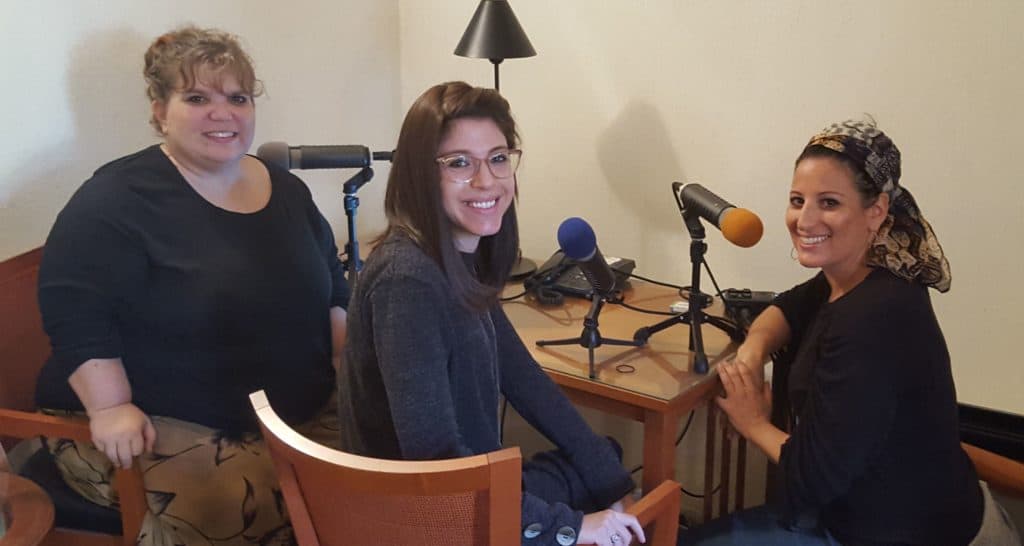The documentary 93Queen tells the story of Judge Ruchie Freier and her all-women ambulance corps, an unlikely story of women’s empowerment coming from an even more unlikely quarter: the hasidim of Brooklyn. Chochmat Nashim sits down with the film’s creator, Paula Eiselt, to talk about the hurdles and downright nastiness the women overcame, as well as what it means to enter the hasidic world with a video camera.


